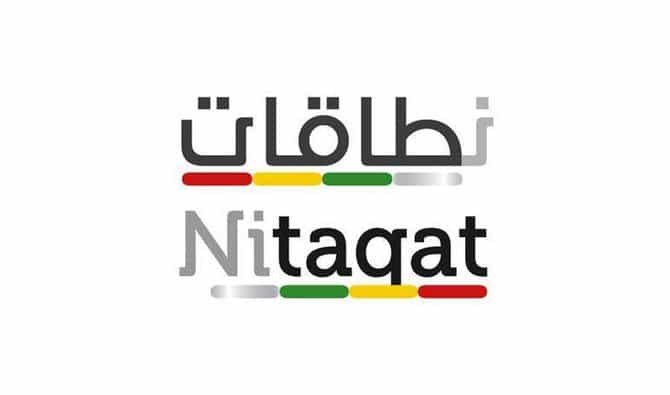Localization policies and migrant labor relations

https://arab.news/j7atz
Every country in the world has a duty to prioritize employment for its citizens and has a sovereign right to decide who can enter for employment. When the UK left the EU, the much-publicized Brexit was mostly driven by a yes vote fearful about unregulated EU migrant laborers and their effect on national employment.
To ensure fairness to those who had uprooted their livelihood to settle in Britain, EU citizens in the UK have been given the opportunity to regularize their residence status, but new EU migrant labor arrivals now require work visas.
All the Gulf Cooperation Council countries, to one degree or another, have adopted so-called labor localization programs to ensure that more of their nationals enter the labor market. Some started to implement quotas under a “Nitaqat” points-based program, which in the Kingdom’s case sets out specific employment targets for Saudization in terms of the numbers of Saudis employed and the total Saudi salary element of a company’s payroll, thus using a dual carrot and stick policy with employers, who either comply achieving certain Saudization targets, or fail to comply.
There are divergent opinions on the efficacy of the GCC localization programs, with some arguing that Saudization, in the case of the Kingdom, can be both a blessing and a curse. The “blessing” is that inherent in Saudi Arabia’s present dependence on legal (and some illegal) migrant labor lies one solution: To create Saudi national employment by reducing the number of the foreign workers. The “curse” however, is that the majority of the non-Saudi jobs are of the type that, due to social values, many young Saudis do not want, although to give them credit, many young Saudis are taking up hitherto shunned jobs as cashiers, waiters, transport operatives or in tourism.
A key reform to attract Saudi nationals to such jobs was to implement a Saudi minimum wage level to be economically effective to induce more Saudi labor participation and to reduce job-hopping among Saudi employees, seeking higher wages.
The government has taken action on this matter and starting from Dec. 1, 2021, the Ministry of Human Resources and Social Development announced the implementation of an updated “Nitaqat” program for all private-sector facilities and raised the minimum wage to SR3,000 ($799), and then to SR4,000 at the start of the second quarter of 2021. The latest Saudi unemployment data have been encouraging, standing around 11.1 percent in Q3 2021.
The recent harrowing images of illegal migrants crossing the English Channel to the promised “EL Dorado” of British shores has sparked a debate on the issue of legal and illegal migration, as the issue of foreign workers and how they are treated or replaced must be approached with care. The Gulf countries have never accepted as permanent the immigrant communities in their midst, but see them as a temporary phenomena, with the exception of a lucky few granted the so-called golden residency visas or citizenship, but these are a drop in the migrant labor ocean. Foreign workers were meant to fulfill their obligations, receive their payment and return to their homeland. This as noted earlier, is a sovereign decision, which has to be respected.
However, this type of relationship sometimes puts a strain on the immigrant workforce. Most of them are in a temporary situation. They feel like they are in a hotel: They can never entertain the illusion of being at home, save for the lucky newly naturalized citizens. This feeling of isolation is sometimes magnified by regional geopolitical events, and national groups tend to stick together, ever though, with some exceptions, they did not know each other before. Together, they are a collection of solitudes.
And what of the migrant labor that returns home after a stint of duty in the Gulf, ranging from a few years to several decades. They often face problems when they return to reclaim their places in the societies they left and often find their friends and associates back home do not understand or appreciate the things they have experienced abroad. Some do settle, but others do not, especially those who are forced to forget a whole area of their lives or to meet with other former expatriates, like veterans of campaigns.
Many cannot make the adjustments and return overseas to become de facto career expatriate migrant labor, moving from job to job like nomads. Many, though, are grateful for the opportunities given and the new advanced skills they acquired overseas, compared to their compatriots back home, none more so than in the health sector where thousands of Filipina nurses are now working in English speaking countries that value their Gulf, and especially Saudi, experience with leading hospitals.
In conclusion, dealing with the need to create local jobs for citizens while managing in a humane manner existing migrant labor is necessary for all countries to help establish a healthy society.
The next time one meets with a nameless foreign migrant it would do wonders if one genuinely asks: “How are you doing. Really, how are you doing?” The smile of appreciation one will receive is worth more than money can buy.
• Dr. Mohamed Ramady is a former senior banker and professor of finance and economics, King Fahd University of Petroleum and Minerals, Dhahran.









































